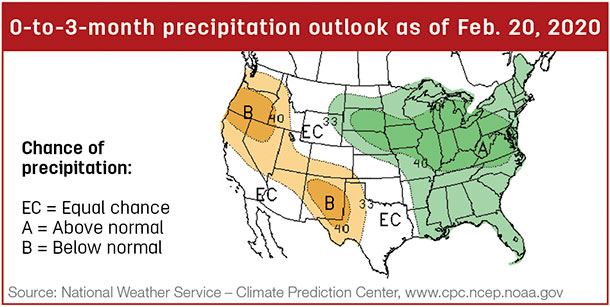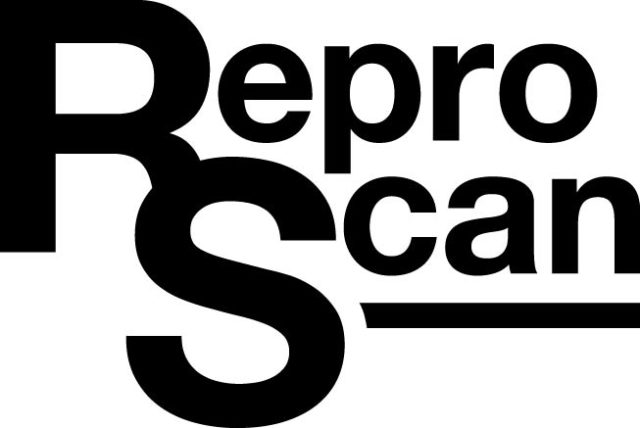For many operations, spring means it is time to work calves. When working calves and other cattle, it is important to use Beef Quality Assurance (BQA) best management practices. Attending an in-person training or going through an online training can be valuable in many ways and can help make the operation more successful.
Additionally, industry-wide participation in BQA demonstrates a commitment to beef safety and quality, creates a positive public image and enhances consumer confidence in the beef we produce. Visit your state BQA website or the national BQA website at www.bqa.org to get more information on in-person and online training opportunities. In most cases, these trainings are free to attend. Below are some tips and reminders to help make this spring’s working a success.
It is important to keep vaccines cool and out of direct sunlight at all times. Vaccines should be stored at 35ºF to 45ºF to maintain effectiveness. Studies across the country have shown that refrigerators often don’t maintain the temperature we would expect, especially if they are in a shop or barn during the heat of the summer. A low-cost weather station that keeps track of minimum and maximum temperatures can be used to make sure refrigerators are keeping vaccines at desired temperatures.

While going to the pens and working cattle, vaccines and syringes containing vaccines should be stored in an ice chest or some other container to keep them cool or, in some cases, to prevent them from freezing. Freezing can be just as harmful, and in some cases more harmful, than the vaccine getting too warm.
Proper needle selection is important to reduce the risk of broken needles, and it makes the process of giving injections easier. Both needle length and gauge should be considered. Shorter needles (i.e., 5/8” and 3/4”) make it easier to properly give subcutaneous injections.
For intramuscular injections, a 1-inch-long needle is sufficient even on bulls and cows; using a longer needle increases the risk of the needle bending and breaking. For thicker products, a 16-gauge needle works well. Either a 16- or 18-gauge needle is fine for thinner products. Needles less than 18 gauge should be avoided for giving injections to cattle.
Needles should be changed any time they get dull or bent. When giving vaccines, never disinfect needles. Disinfecting needles can reduce efficacy of the vaccine. If a needle gets dirty, dispose of it and get a new one.











